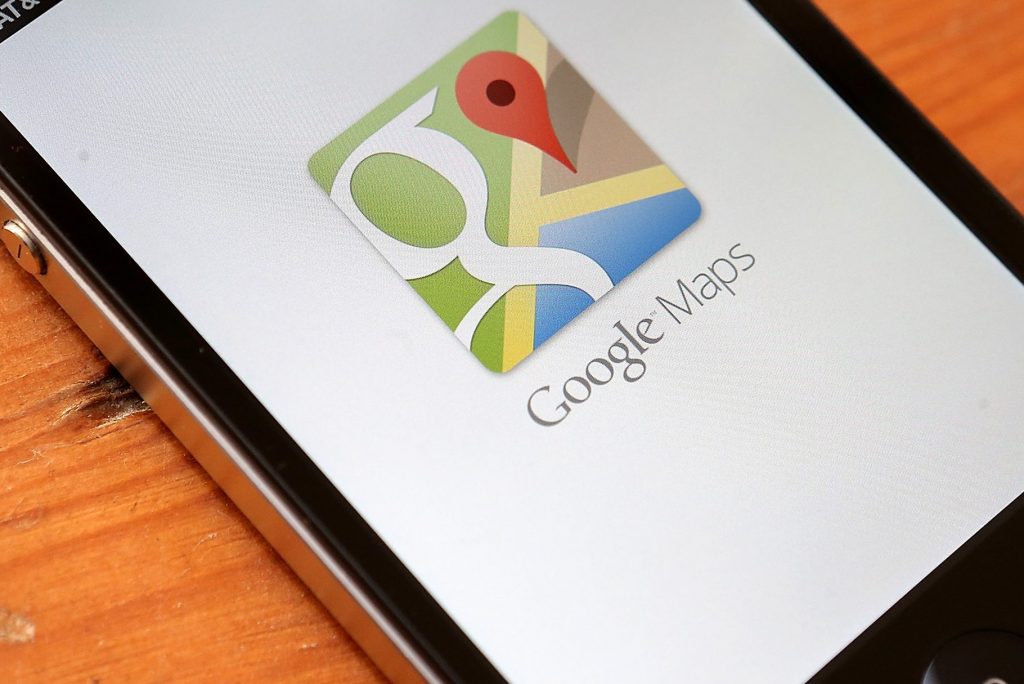Skift Take
A new loyalty program and a brand campaign to bolster direct traffic and user engagement are among the measures TripAdvisor is working on to counter the fact that Google is getting more stingy in providing free traffic. But TripAdvisor is also hoping — and anticipating — that U.S. regulators will step in.
TripAdvisor is contemplating the introduction of a loyalty program, and is taking steps to increase engagement from its members as part of a plan to counter the reduced free traffic the company got from Google in the second quarter.
Company officials called out the lower search engine optimization traffic from Google in the quarter that ended June 30 as one of the factors, along with “optimizing” its paid marketing spend and foreign currency fluctuations, behind a 7 percent revenue decline in TripAdvisor’s hotels, media and platform segment.
Hotels, media and platform segment revenue in the second quarter was $254 million, a 7 percent decrease year-over-year.
TripAdvisor’s selling and marketing costs fell 17 percent to $180 million in the second quarter, as the company emphasized profitability. In this hotels, media and platform segment, the largest portion of TripAdvisor’s business, adjusted earnings leaped 27 percent to $108 million.
In prepared remarks, TripAdvisor stated that it anticipates “increased focus from regulators moving forward” about Google’s practice of prioritizing its own travel business to the detriment of organic traffic, and TripAdvisor CEO Steve Kaufer renewed calls for regulators to take action.
“This past quarter, they (Google) did a few things on the hotel front which hurt a bit more than usual, but we’ve been working on a handful of initiatives, some of which we’ve already covered, to counter that for a while,” Kaufer told analysts Thursday.
Booking Holdings Chimes In
TripAdvisor is not the only company to cite Google’s incursions into the travel business as a competitive threat. In a quarterly financial filing Wednesday, Booking Holdings cited the increasingly competitive nature of the online travel market:
“For example, Google has entered various aspects of the online travel market and has grown rapidly in this area, including by offering a flight meta-search product (Google Flights), a hotel meta-search product (Google Hotel Ads), its Book on Google reservation functionality and integrating its hotel meta-search product into its Google Maps app, as well as Google Travel, a planning tool which aggregates its flight, hotel and packages products in one website.”
Google is attracting increased numbers of online travel agencies as participants in its Book on Google feature, where consumers can book flights or hotels without leaving Google websites. For example, users searching Google Flights this week to find flights from Newark, New Jersey to Tel Aviv in November would see the option to book flights from FlightNetwork, Priceline and CheapoAir — with Google handling the booking instead of handing off users to online travel agency sites.
Membership and Loyalty as Counter-Measures
Kaufer said TripAdvisor’s membership and loyalty initiatives could help alleviate some of the adverse impact from Google’s pratices.
TripAdvisor doesn’t have a formal loyalty program, but considers consumers “members” when they register for the site; they can then do such things as posting reviews and photos.
But TripAdvisor stated Wednesday when it released its second quarter earnings that “TripAdvisor members visit directly 5x more, cross-shop 4x more, come back to the site 3x more and generate more revenue than the average TripAdvisor user.”
Through the second half of this year and into 2020, TripAdvisor plans several initiatives to grow its membership base, the company said.
Among them, the company said it plans on “determining which type of loyalty program makes sense for our community…”
TripAdvisor also plans improvements to its artificial intelligence capabilities to make more relevant offers to members, upgrade its customer relationship management capabilities, and improve “cross-device visibility,” the company said.
Booking Holdings, too, is looking to upgrade its loyalty program. Booking Holdings CEO Glenn Fogel said Wednesday that the company plans to “expand the reach of our Genius program and offer incentives to bring customers to our site directly.”
Media Business
TripAdvisor’s media business is relatively small; it notched $43 million, a 5 percent jump, in its TripAdvisor-branded display and platform segment revenue in the second quarter. In contrast, Expedia Group’s advertising and media revenue in the second quarter stood at $285 million, a 4 percent year over year rise.
Kaufer noted that TripAdvisor’s sites attract more than 400 million monthly unique visitors so it has untapped potential in providing a media platform to travel advertisers.
He said making improvements, such as upgrading the company’s tech stack, providing more programatic advertising offerings, and introducing new types of advertising units, is “not exactly rocket science.” The company just hasn’t prioritized and invested in some of these things before, Kaufer added.
For the quarter, TripAdvisor emphasized profitability over revenue growth. Revenue fell 3 percent to $422 million while net income rose 6 percent to $34 million.
The company said it plans a new brand campaign in early 2020, has hired a new ad agency, but will probably spend about the same amount of money on brand advertising next year that it will in 2019.
The Daily Newsletter
Our daily coverage of the global travel industry. Written by editors and analysts from across Skift’s brands.
Have a confidential tip for Skift? Get in touch
Tags: advertising, earnings, google, hotels, loyalty, marketing, tripadvisor
Photo credit: TripAdvisor saw decreased free traffic from Google in the second quarter of 2019. Pictured is Google Maps, a key part of Google's travel initiatives. Bloomberg
